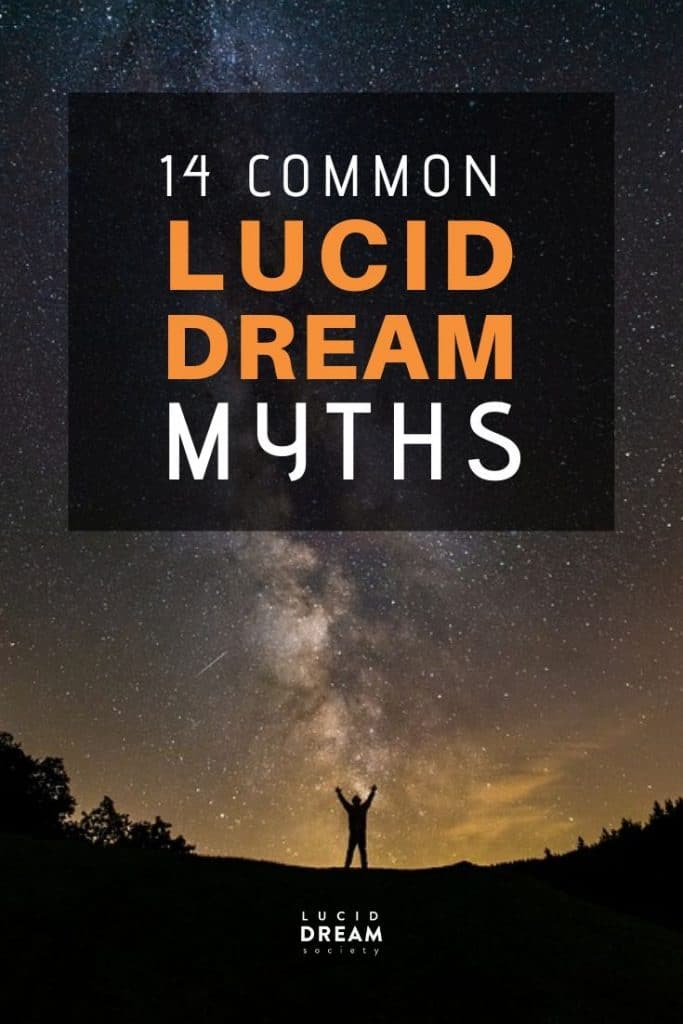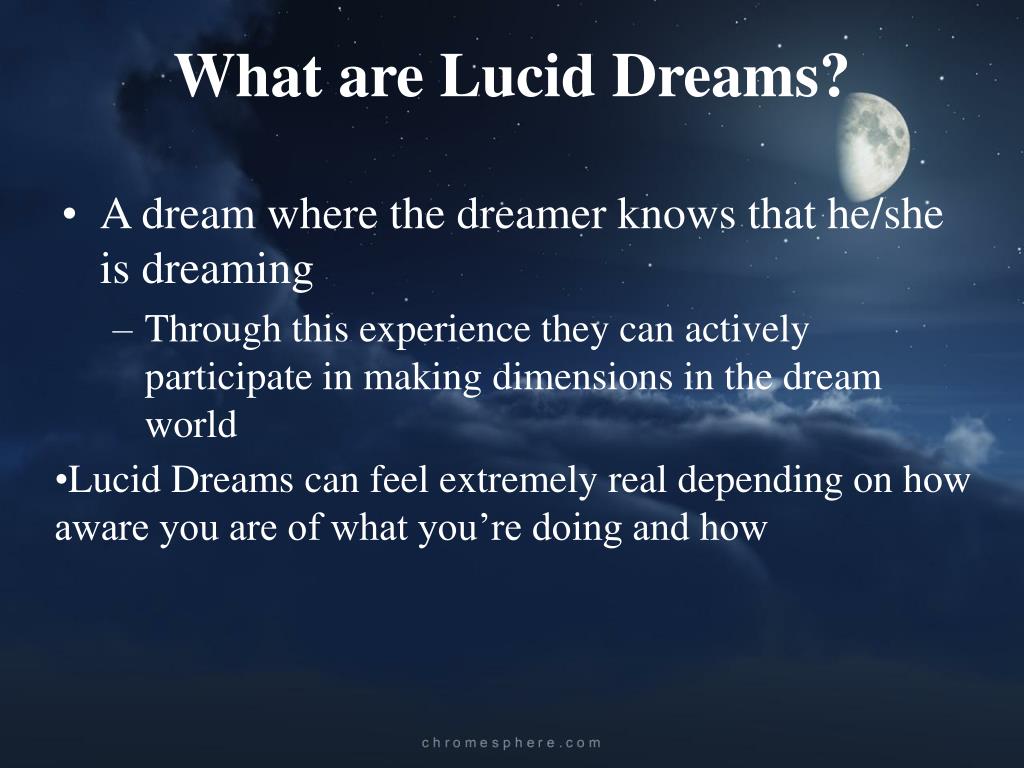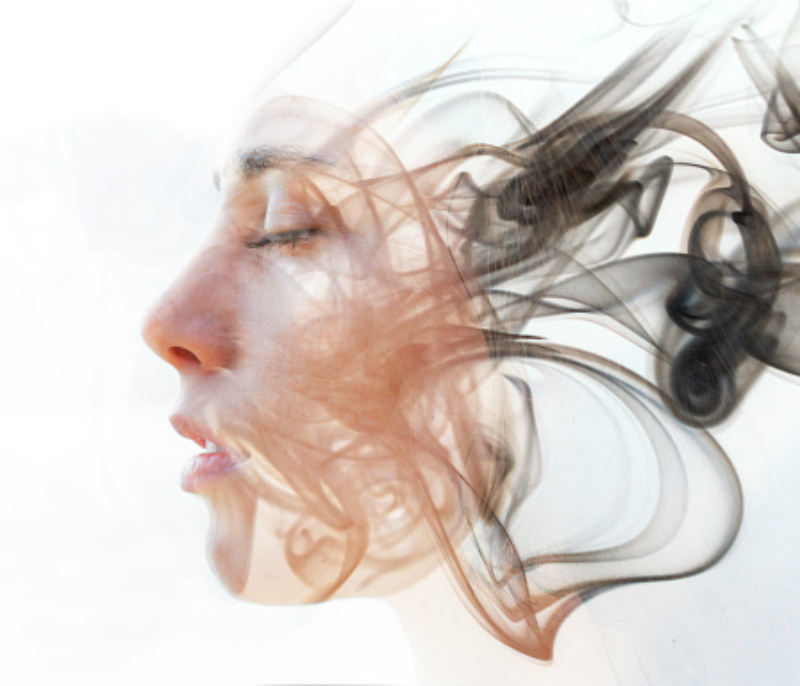Are Lucid Dreams A Sign Of Mental Illness
Are Lucid Dreams A Sign Of Mental Illness. Even regular lucid dreamers who do this professionally have no problem with it. Lanas unique and inspiring approach is supported by 23 years of lucid dream experience and a history of personal transformation that speaks volumes. It found that despite the popularity of lucid dreaming and the widely held hypothesis that lucid dreams are beneficial for mental health people can sometimes do damage to their proactive diving. Lucid dreaming has been studied extensively but much is still unknown about the phenomenon.
Lucid Dreams May Be Harmful to Mental Health.

Are lucid dreams a sign of mental illness. Lana Sackwilds research focuses on THE HEALING TRANSFORMATIVE POTENTIAL OF LUCID DREAMING FOR MITIGATING DEPRESSION and other lucid dreaming applications in the mental health field. Daydreaming can be an indication that someone is suffering from concentration difficulty which is seen in many mental illnesses including depression anxiety post-traumatic stress disorder and. How Do Lucid Dreams Work.
In sum it is conceivable that lucid dreaming influences the management of mental conflicts in a positive way and with qualified therapeutic accompaniment may have a favourable affect on waking life However the sample was not representative of the general population and was mainly comprised of spontaneous lucid dreamers. If you suffer from a mental or emotional illness you should always visit a professional psychologist before you start dreaming. Nightmares are vivid dreams with frightening or unsettling content.
Katja Valli Antti Revonsuo in Reference Module in Neuroscience and Biobehavioral Psychology 2019. Confusion delirium and hallucinations. It has been noted that lucid dreaming is the ability to maintain stability during and after traumatic events.
This dream state may also help people sort through problems because the prefrontal cortex is the problem-solving part of the brain. This is because a lucid dream is a controlled ideal state that allows the person to address fears and promote healing. The Jerusalem Post Most of the time when we dream we are convinced that what is happening to us is real.
Most caregivers will be able to tell you about a patient or loved one with dementia who suddenly has lucid moments. Lucid dreaming was coined from the word lucid which means mental clarity. According to several researchers there is no evidence to pin any mental illness to the act of having lucid dreaming.
Resilience has been linked to lucid dreaming. Typically vivid dreams are not a cause for concern. However other studies argue lucid dreams may have a negative impact on mental health because they can disturb sleep and cause dreamers to blur the lines between reality and fantasy.
Many of us experience moments of clarity from time to time while dreaming such as during a nightmare when we realize that it is just a dream and as a result can wake up or change its course. Its very rare but safety first. Absent or Rare Dream Content.
It usually begins in the middle of your dream when you realize that your experience is not occurring physically but is only a dream. In people who have certain mental health disorders lucid dreams may blur the line between whats real and whats imagined. Lanas unique and inspiring approach is supported by 23 years of lucid dream experience and a history of personal transformation that speaks volumes.
Some researchers say dreams have no purpose or meaning. Others say we need dreams for our mental emotional and physical health. Although researchers dont yet fully understand the specific function or meaning of dreams some postulate that dreams are a natural part of emotional processing and memory formation.
They seem more aware of themselves their surroundings and are able to express. The probability is very low but it could still happen that in reality you think you are dreaming. For some people lucid dreaming can be beneficial for their mental health and self-confidence.
The researchers found that the use of deliberate induction techniques such as lucid dreaming treatment LDT were associated with sleep problems and schizotypy symptoms. So its probably best to. The ability to reflect on the true nature of dream events that is state-logic is flawed during dreaming.
In dreams we lack insight take for granted the reality of dreams and fail to understand its hallucinatory characteristic except in lucid dreams. In addition to stress and anxiety other mental health conditions such as depression and schizophrenia are associated with vivid dreams. How to Have Lucid Dreams.
There are many theories about why we dream but no one knows for sure. Even regular lucid dreamers who do this professionally have no problem with it. Depression schizophrenia and borderline personality disorder have all been associated with more frequent nightmares as well as several other qualities of disturbed dreaming.
Many people experience occasional nightmares that resolve on their own. Whendreams go too far While characters in this movie began to lose their grip on waking life confusing dreams with reality is actually a sign of mental illnesses such as schizophrenia Barrett. Physical illnesses like heart disease and cancer have.
This page contains many videos about are lucid dreams a sign of mental illness. If people with mental illness such as psychotic disorder, bipolar disorder or schizophrenia spend a lot of time engaging in lucid dreaming, they may begin to feel like they're "losing .... Depression, schizophrenia, and borderline personality disorder have all been associated with more frequent nightmares, as well as several other qualities of disturbed dreaming.. Brain and Mental Health Benefits of Dreaming. ... In a lucid dream, you are in complete control, and you have nothing to lose. You can practice what you're afraid to do in real life. The more .... Natural lucid dreamers, also called "Perma lucid dreamers," sometimes report that since they lucid dream every night, they can't dream normally. They are not able to simply not remember their dreams, and "turn off" their lucid dreams. That makes them feel overwhelmed and perhaps mentally exhausted.. Lucid dreaming is becoming increasingly popular in the wellness community. Why? Because it can make you more productive, more positive and can even help to manage mental health. Tree Carr, a mystic and dreaming guide who runs dream workshops from Malibu to Margate, explains. 'Lucid dreaming can be very beneficial for people with anxiety or phobias.'.
Videos of are lucid dreams a sign of mental illness:

Duration: 19:11. Views: 343 views

Duration: 50:40. Views: 508K views
Lucid dreaming is a powerful tool that some researchers believe anyone can learn. It is defined as being aware that you are dreaming, while you are dreaming. For someone who has nightmares or.... A video by Maxwell Hunter, a UK based artist and oneironaut, about lucid dreaming and mental health – Youtube – TheRaRaRabbit – Published on May 24, 2017 Lucid Dreaming and Mental Health (Mental Health Awareness Month). Lucid dreaming is no bad thing. In truth, its proponents claim that lucid dreaming has excellent benefits, such as reducing anxiety and boosting creativity. Lucid dreaming may have therapeutic.... "Daydreaming can be an indication that someone is suffering from concentration difficulty, which is seen in many mental illnesses, including depression, anxiety, post-traumatic stress disorder, and.... The increased scores of frequent lucid dreamers on the mental health supported the view…that mental and also physical health are associated with lucid dreaming… …in sum, it is conceivable that lucid dreaming influences the management of mental conflicts in a positive way and – with qualified therapeutic accompaniment – may have a favourable affect on waking life…. The researchers found that the use of deliberate induction techniques, such as lucid dreaming treatment (LDT), were associated with sleep problems and schizotypy symptoms. So, it's probably best to.... It found that despite the popularity of lucid dreaming and the widely held hypothesis that lucid dreams are beneficial for mental health, people can sometimes do damage to their proactive diving.... According to several researchers, there is no evidence to pin any mental illness to the act of having lucid dreaming. Resilience has been linked to lucid dreaming. It has been noted that lucid dreaming is the ability to maintain stability during and after traumatic events.. While there is no significant research to support this claim, some researchers have concluded individuals who lucid dream have better mental health than those who do not. Get familiar with techniques for lucid dreaming next.. In addition to stress and anxiety, other mental health conditions, such as depression and schizophrenia, are associated with vivid dreams. Physical illnesses, like heart disease and cancer, have.... Lucid Dreams May Be Harmful to Mental Health. The Jerusalem Post — Most of the time when we dream, we are convinced that what is happening to us is real. Many of us experience moments of clarity from time to time while dreaming – such as during a nightmare, when we realize that it is just a dream and as a result can wake up or change its course.. Whendreams go too far While characters in this movie began to lose their grip on waking life, confusing dreams with reality is actually a sign of mental illnesses such as schizophrenia, Barrett.... However, other studies argue lucid dreams may have a negative impact on mental health because they can disturb sleep and cause dreamers to blur the lines between reality and fantasy. How Do Lucid Dreams Work? Lucid dreaming has been studied extensively, but much is still unknown about the phenomenon..



















Post a Comment for "Are Lucid Dreams A Sign Of Mental Illness"